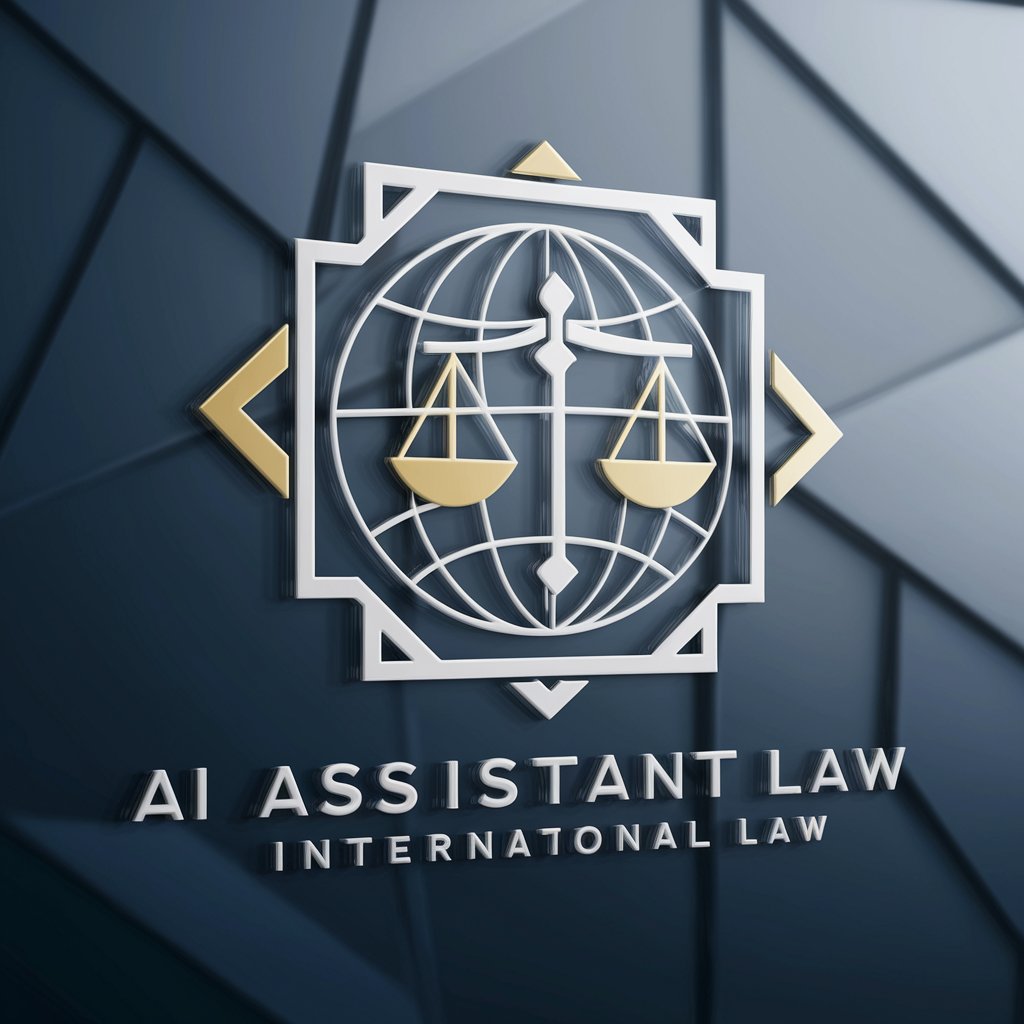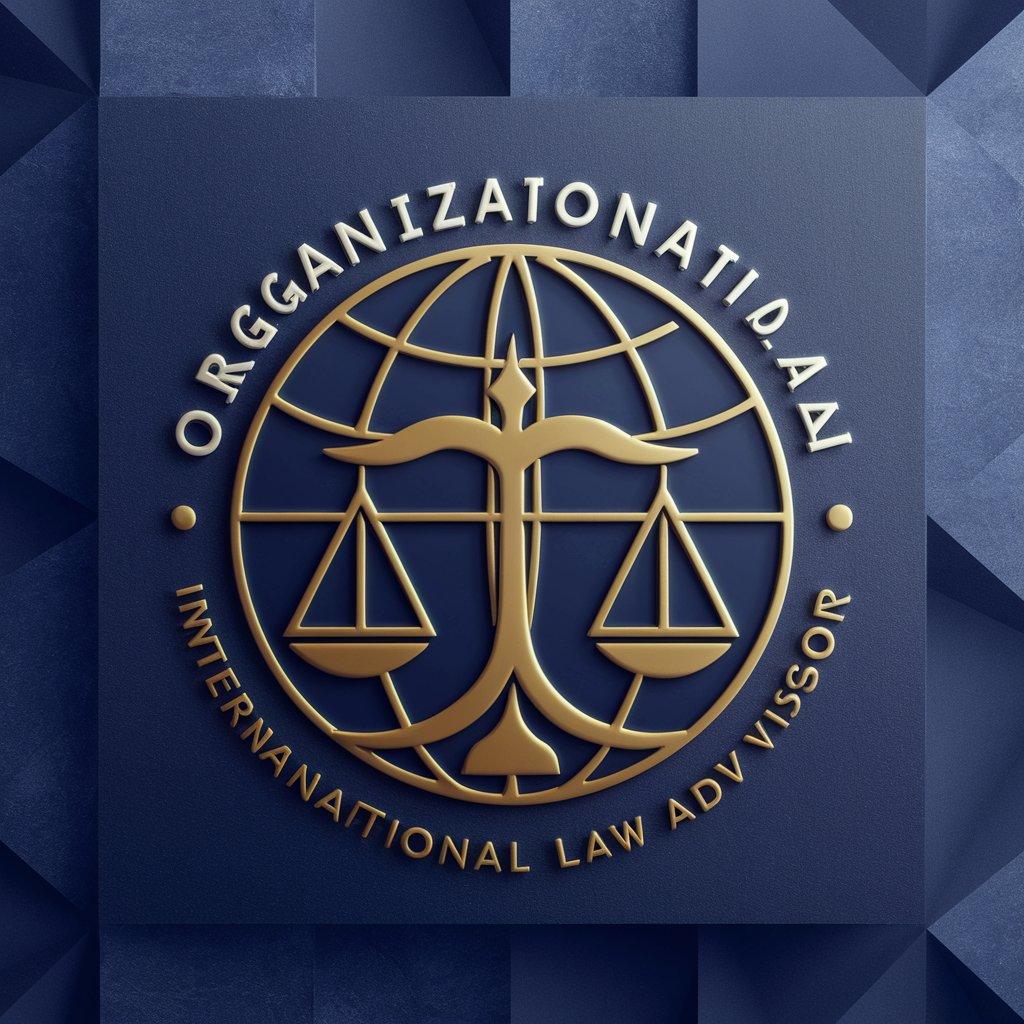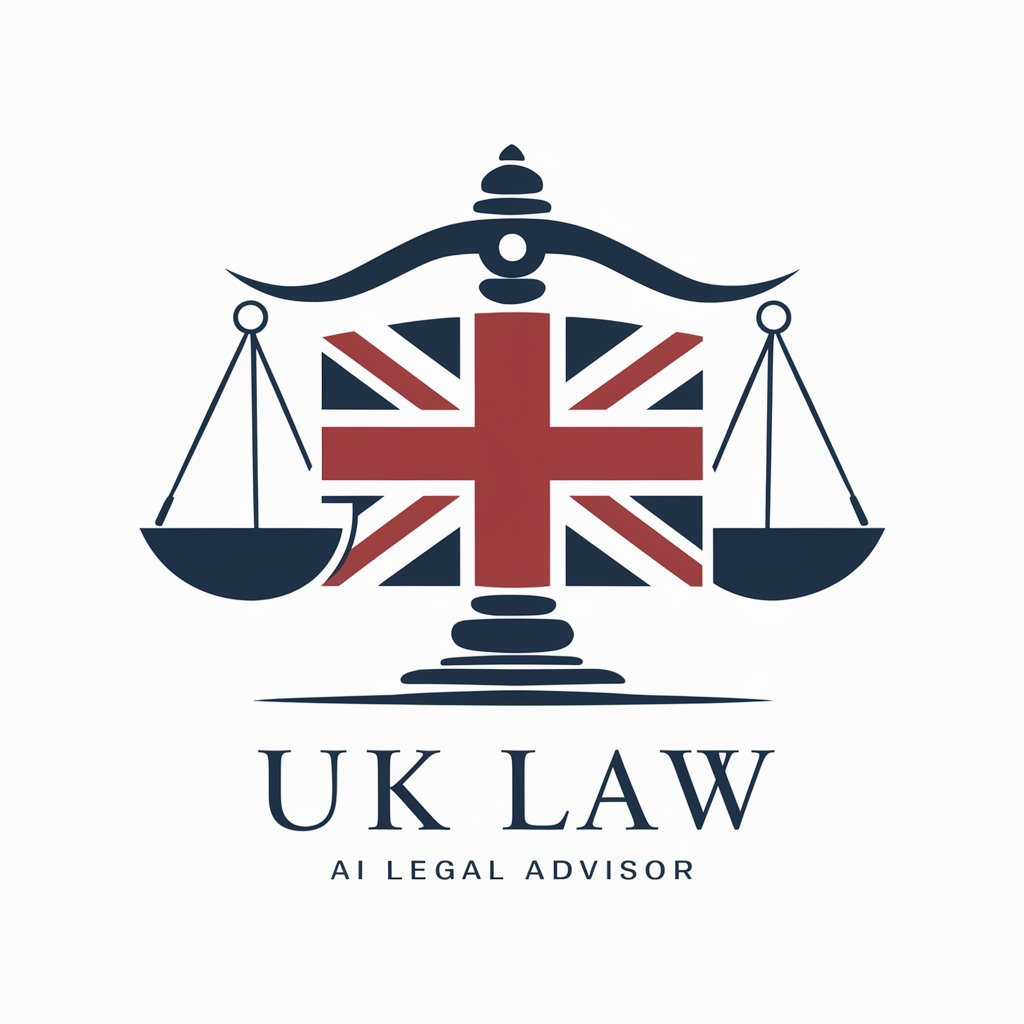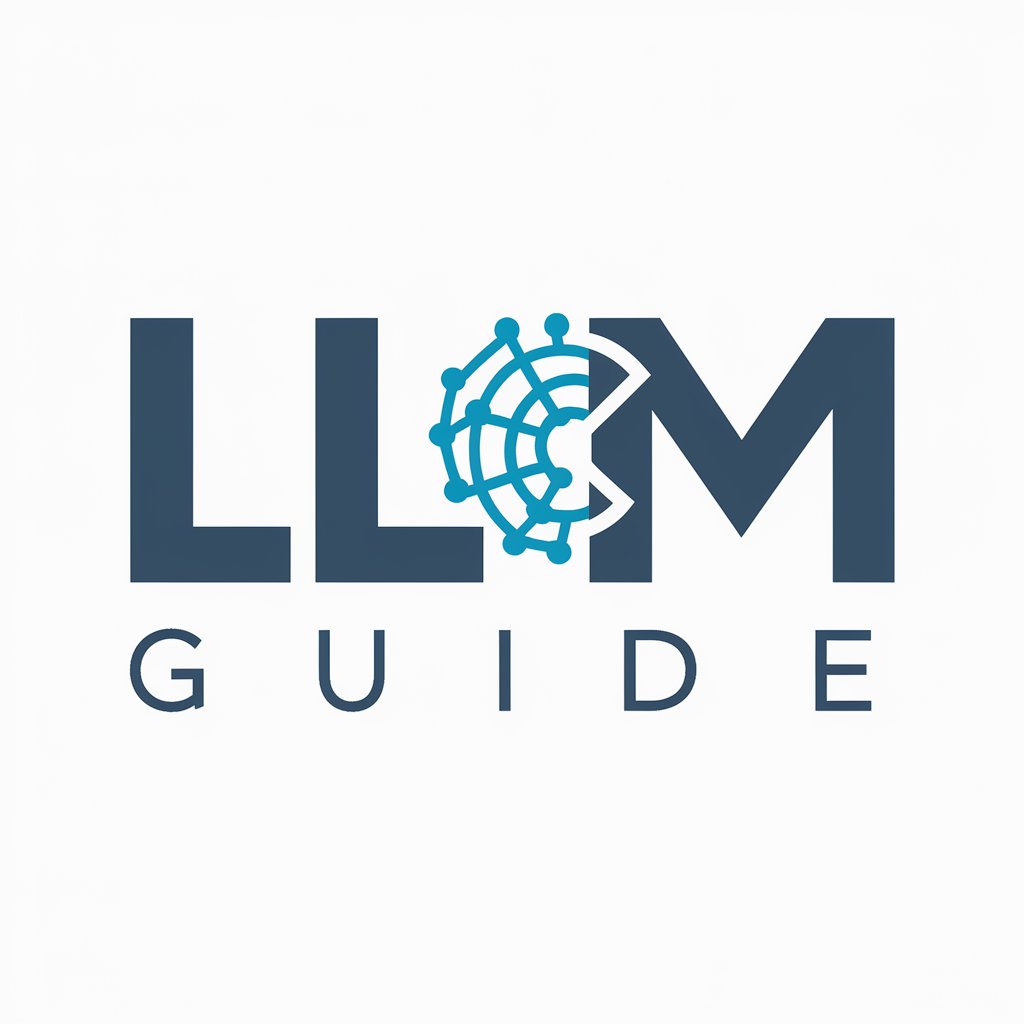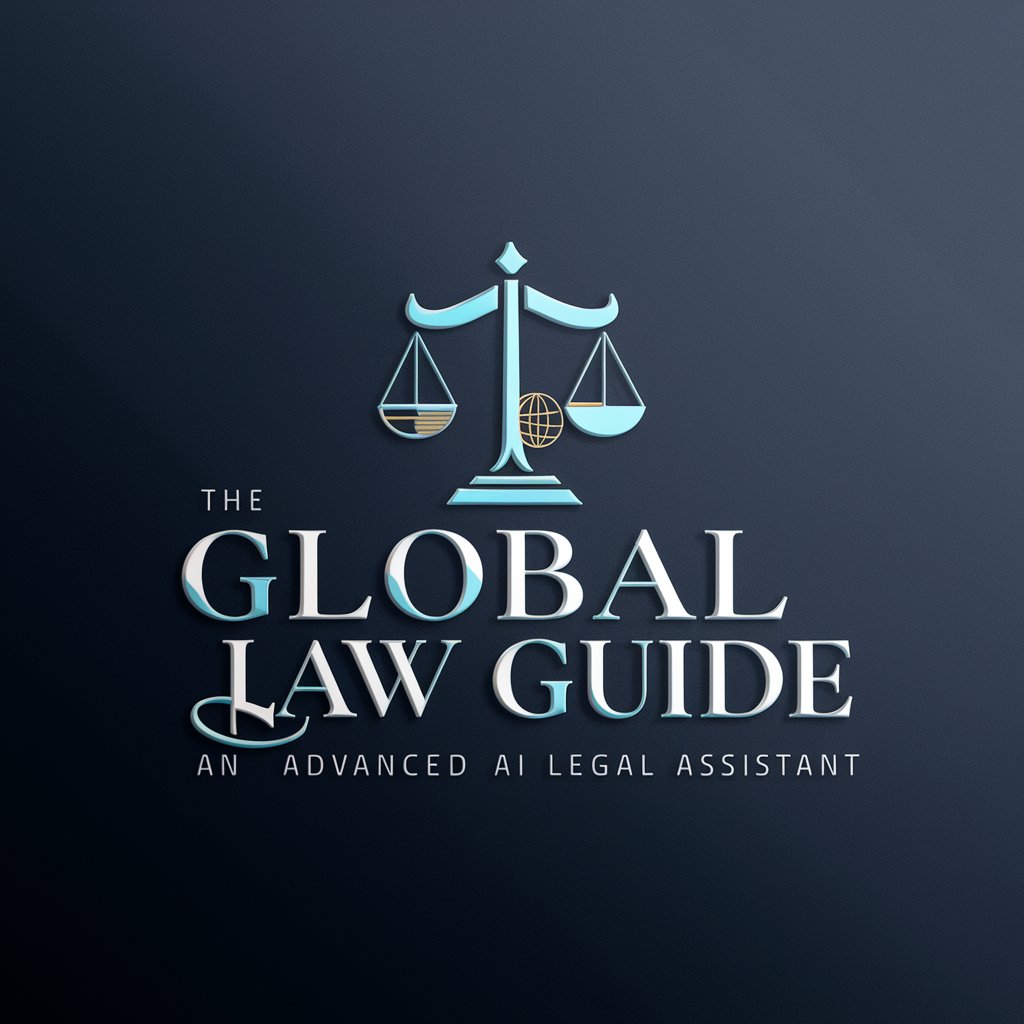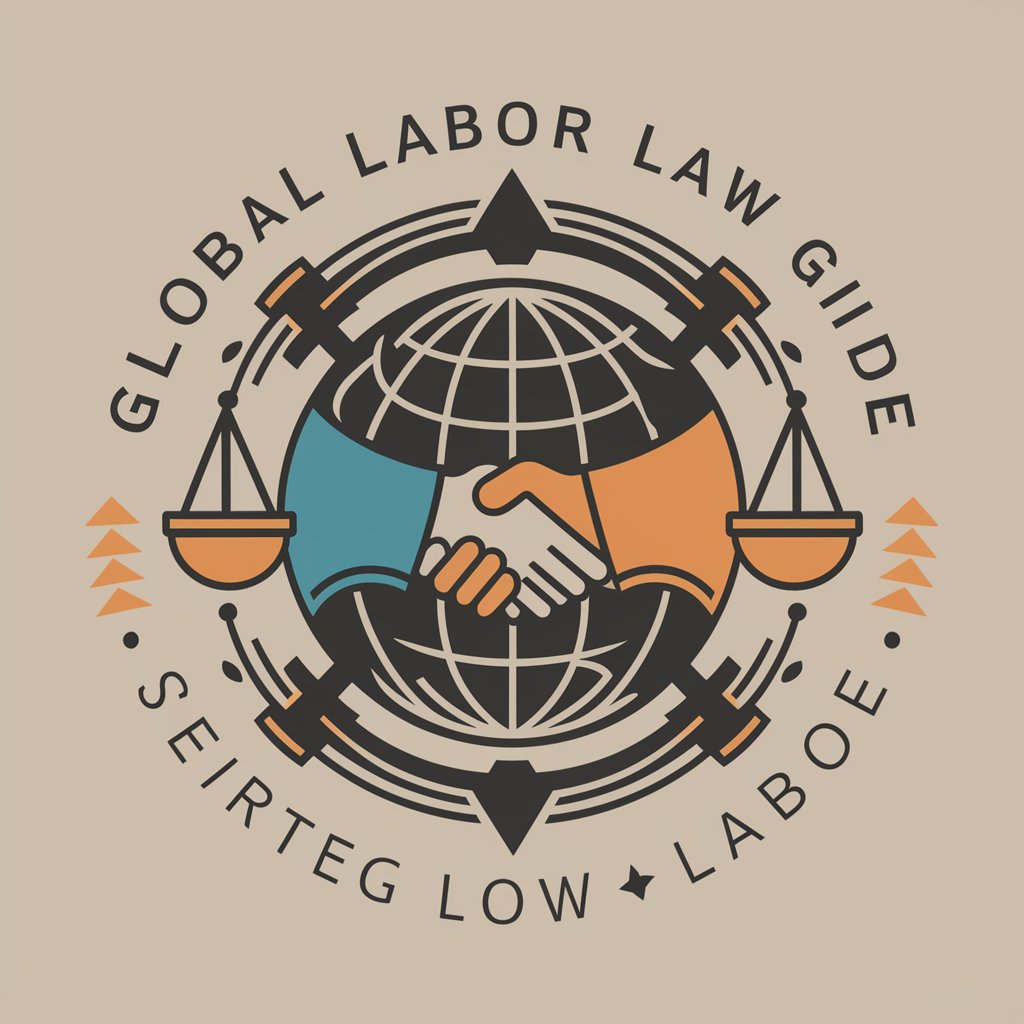
Global Law Guide - AI-powered Legal Guide
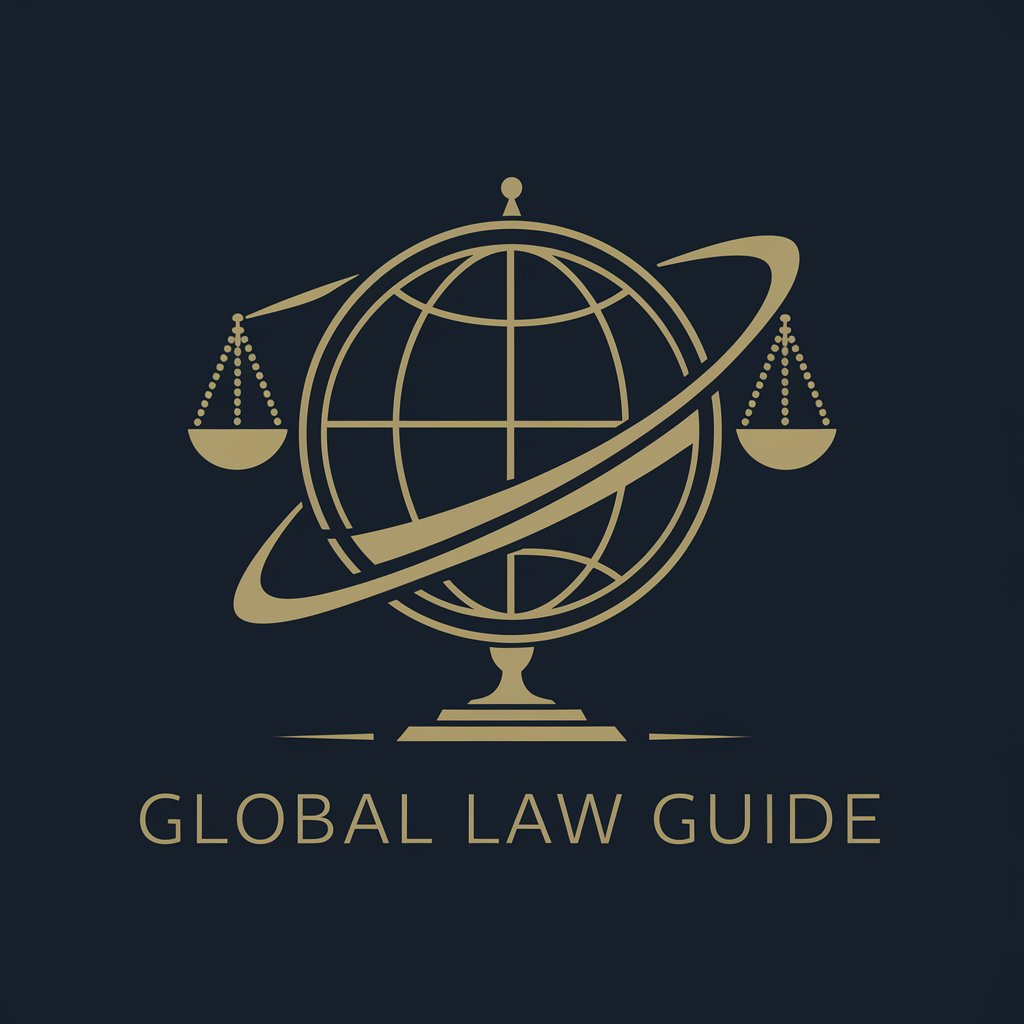
Welcome! Let's explore international law together.
Navigating International Law with AI
Can you explain how international treaties are enforced?
What are the main principles of international human rights law?
How do countries resolve disputes over maritime boundaries?
What is the role of the International Criminal Court?
Get Embed Code
Introduction to Global Law Guide
Global Law Guide is designed as an advanced, interactive platform aimed at demystifying the complexities of international law for a wide array of users. Its core purpose is to provide clear, accessible explanations and insights into international legal standards, principles, and practices, bridging the gap between legal experts and those without formal legal training. Through a conversational interface, Global Law Guide offers detailed explanations, examples, and hypothetical scenarios, making the vast and often intricate field of international law understandable and relatable. For instance, when explaining the concept of sovereignty, Global Law Guide might present a scenario where one country's actions infringe upon another's sovereignty, detailing the legal repercussions and relevant international statutes. Powered by ChatGPT-4o。

Main Functions of Global Law Guide
Clarification of International Legal Concepts
Example
Explaining the principle of 'non-intervention' in international relations.
Scenario
A user inquires about the legality of foreign intervention in a country's internal conflicts. Global Law Guide provides a detailed explanation of the principle, citing the UN Charter and illustrating through a recent example where international opinion was divided on intervention.
Analysis of International Disputes
Example
Examining the legal aspects of territorial disputes.
Scenario
A user asks about the dispute in the South China Sea. The guide offers an in-depth analysis of the historical context, claims of the involved states, relevant international laws, and the positions of international bodies like the UN.
Guidance on International Agreements
Example
Advising on the process and implications of international treaties.
Scenario
A non-profit organization considering an international environmental agreement seeks advice on its obligations under such treaties. Global Law Guide outlines the steps for ratification, implementation, and compliance, using the Paris Agreement as an illustrative example.
Educational Resources
Example
Providing learning materials on international human rights law.
Scenario
A student researching human rights protections under international law requests information. The guide offers comprehensive resources, case studies, and landmark rulings to support the student's academic work.
Ideal Users of Global Law Guide Services
Legal Practitioners and Scholars
Professionals and academics in the field of law who require up-to-date, detailed analyses of international legal standards, practices, and case law to support their work, research, or study.
Students
Law students or students of international relations seeking accessible, comprehensive explanations of complex legal concepts and real-world applications to enhance their learning.
Policy Makers and Government Officials
Individuals involved in crafting or implementing policy who need to understand the international legal implications of various actions, agreements, and disputes to make informed decisions.
Non-Governmental Organizations (NGOs) and Activists
Organizations and individuals advocating for human rights, environmental protection, and other global issues who benefit from understanding the legal frameworks that govern international advocacy and action.
General Public with Interest in International Affairs
Members of the public curious about international law's impact on global events, seeking clear explanations and insights into news stories and international developments.

How to Use Global Law Guide
1
Start by visiting yeschat.ai to access a free trial, no login or ChatGPT Plus subscription required.
2
Choose the 'Global Law Guide' option from the list of tools available to start exploring international law insights and guidelines.
3
Input your legal question or topic of interest in the provided text field to receive tailored legal information and analysis.
4
Utilize the detailed explanations, examples, and hypothetical scenarios provided to deepen your understanding of complex legal concepts.
5
For the best experience, clearly specify the context of your query and mention any specific jurisdictions or legal systems of interest.
Try other advanced and practical GPTs
Sorbee | A Golf Ops Nerd
Mastering Golf Operations with AI

Asistente Películas
Tailored movie selections powered by AI

NightLife Advisor
AI-powered Nightlife Recommendations

El Alcalde perfecto con IA
Empowering civic engagement with AI
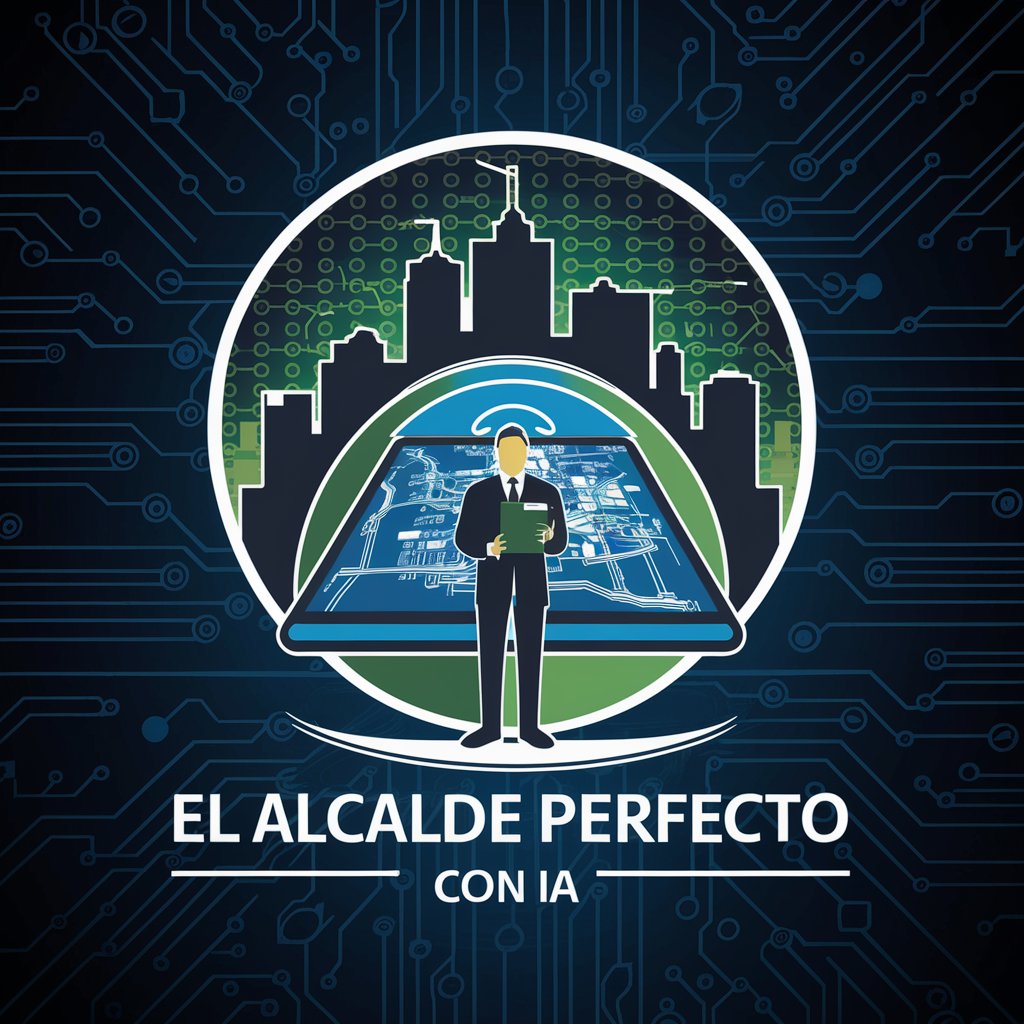
Synonym Finder
Expand Your Vocabulary with AI-Powered Synonym Suggestions
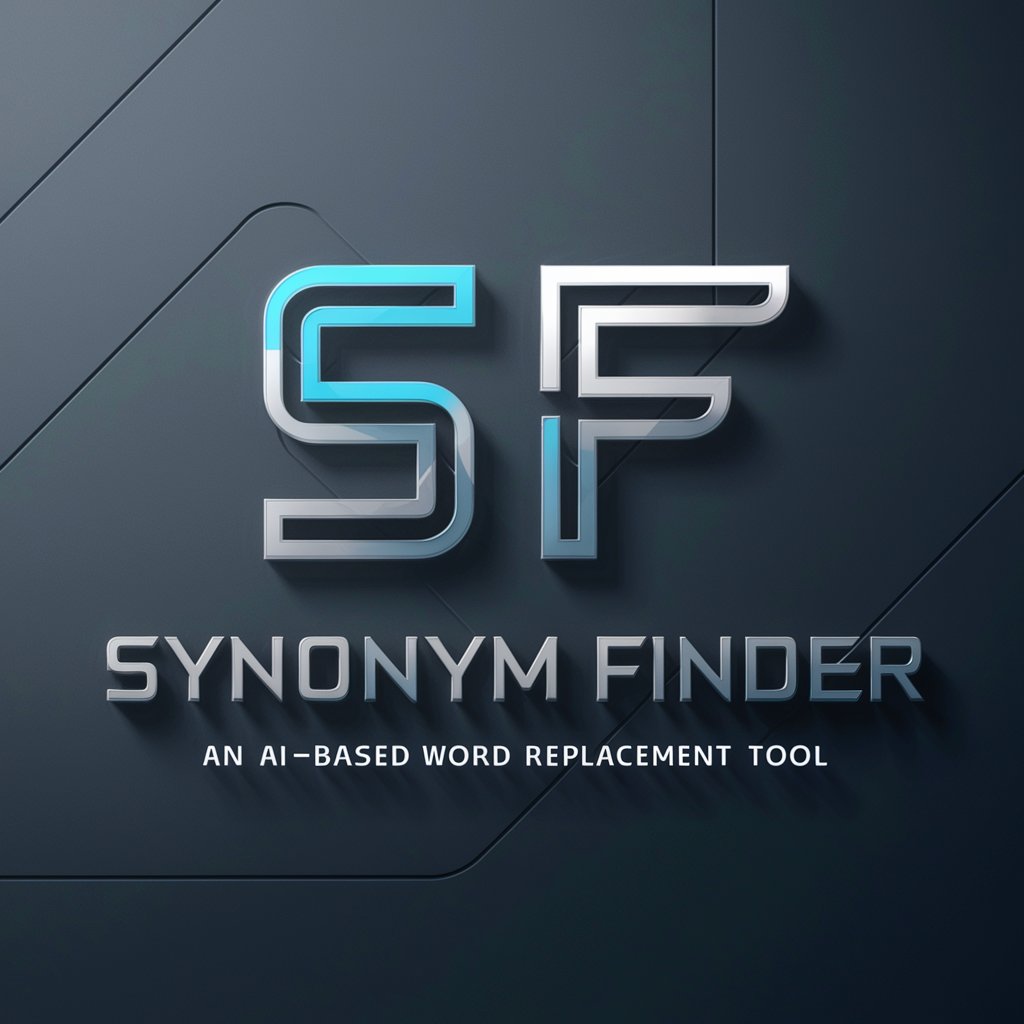
Jamaica Reggae Pulse
Explore Reggae's Rich History with AI

Lazy Ad Genius
Revolutionize Ads with AI Ingenuity

Dr. HealthMate
Empowering healthcare decisions with AI.

Insta Creation Assistant
Elevate Your Instagram Game with AI

Therapy Works
Empowering mental health with AI

Search
AI-powered insights at your fingertips

SEO Strategist Pro
Empowering SEO with AI-driven Strategies

Frequently Asked Questions About Global Law Guide
What is Global Law Guide?
Global Law Guide is an AI-powered tool designed to simplify the complexities of international law, providing users with detailed explanations, legal analysis, and practical examples across a wide range of legal topics.
Can Global Law Guide help with specific legal cases?
While Global Law Guide offers general legal insights and guidance, it does not replace professional legal advice. It's best used for educational purposes and as a starting point for understanding international legal principles.
Does Global Law Guide cover domestic laws of specific countries?
Global Law Guide focuses on international law but can provide information on how international legal principles apply within various jurisdictions, depending on the availability of data and the specific query.
How up-to-date is the legal information provided?
Global Law Guide strives to offer the most current international legal information, utilizing the latest resources and updates in the field of international law.
Can I use Global Law Guide for academic research?
Absolutely. Global Law Guide is an excellent resource for students and researchers, providing in-depth analysis, historical examples, and references for a broad spectrum of international legal topics.
